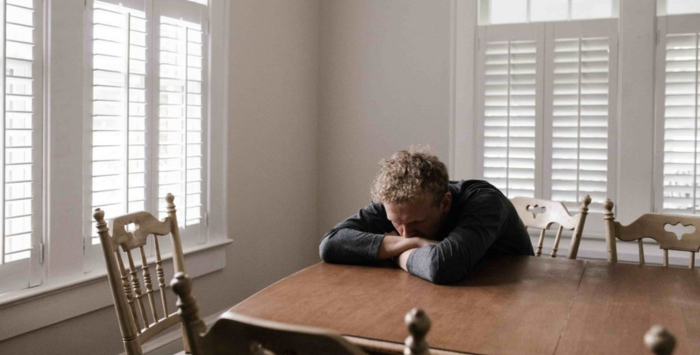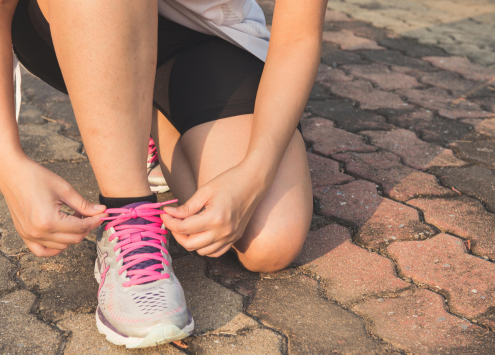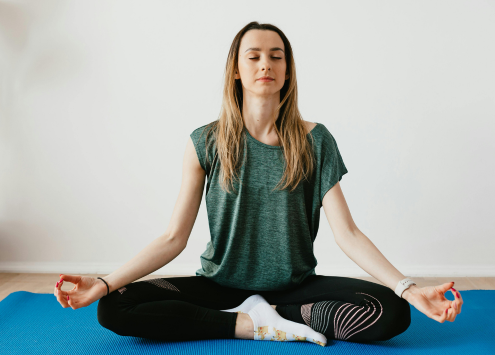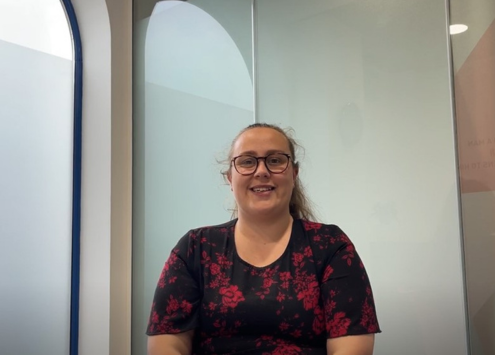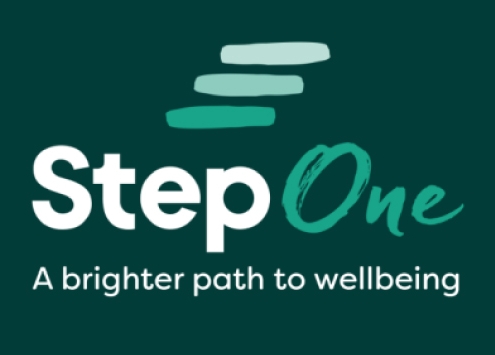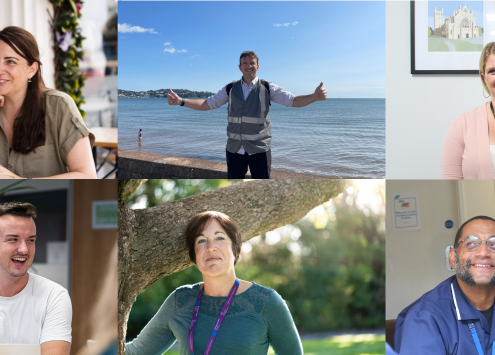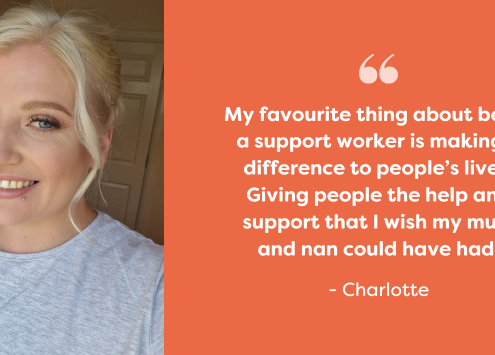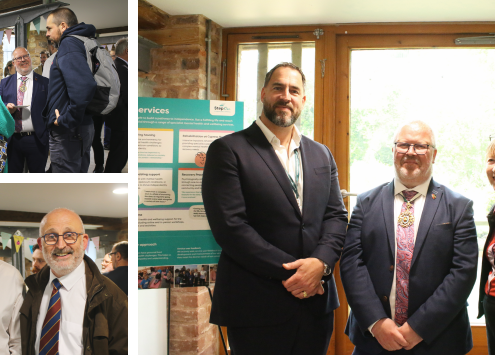 https://steponecharity.co.uk/wp-content/uploads/2024/06/Press-Release-Step-One-Celebrates-New-Chapter.png
355
700
Lauren
https://steponecharity.co.uk/wp-content/uploads/2024/02/step-one-wellbeing.svg
Lauren2024-06-18 11:36:142024-06-18 11:54:16Step One Celebrates New Chapter with Successful Open Day Event at Exeter Quayside
https://steponecharity.co.uk/wp-content/uploads/2024/06/Press-Release-Step-One-Celebrates-New-Chapter.png
355
700
Lauren
https://steponecharity.co.uk/wp-content/uploads/2024/02/step-one-wellbeing.svg
Lauren2024-06-18 11:36:142024-06-18 11:54:16Step One Celebrates New Chapter with Successful Open Day Event at Exeter QuaysideSAD is defined as a disorder characterised by seasonal patterns of recurrent major depressive disorders.
The National Institute for Health and Care Excellence (NICE) currently recommends that Seasonal Affective Disorder be treated the same as depression. As implied by the name, Seasonal Affective Disorder is a recurring disorder that appears mainly during the autumn and winter months. For some, SAD can be a debilitating disorder, while others can experience mild symptoms.
Causes of Seasonal Affective Disorder
The exact cause of Seasonal Affective Disorder remains largely unknown, however, there are a few possible explanations which include:
- A lack of natural sunlight during the winter has been shown to affect our circadian rhythm. This is our bodies 24-hour internal clock, which is generally aligned and responds accurately to changes in light and darkness.
- A drop in your Serotonin and Melatonin Levels. Serotonin is a brain chemical (neurotransmitter) which plays a part in regulating our mood. If there’s a drop in our serotonin levels, this may lead to experiencing Seasonal Affective Disorder symptoms. This is a similar case with melatonin, a hormone that our brain produces in response to darkness and helps regulate our circadian rhythm.
Symptoms of Seasonal Affective Disorder
Due to their psychological nature, mental health problems such as SAD are often invisible to the naked eye. The symptoms associated with SAD are very similar to those of depression, and most people will experience these symptoms at a particular time each year. Some common signs to look out for are:
- Persistent low mood
- Fluctuations in weight
- Constant lack of energy
- Difficulty concentrating
- Anger, irritability, or aggressiveness
- Sleeping problems (oversleeping or struggle sleeping)
Ways to deal with Seasonal Affective Disorder
Increase the light around you: The winter months can be difficult. You might wake up when it’s dark, and by the time you return from work or classes, it’s dark again. This constant state of darkness can be unsettling. To prevent this, you should try to maximise the natural light in your day-to-day life where possible.
Self-care: Self-care can help you make peace with negative emotions when they arise. It can also help cultivate feelings of self-compassion and release tension in the body.
Prioritise your social life: It is necessary to keep on top of your workload and/or coursework and perform to the best of your ability. It is also equally as important to keep on top of your social life. Your friends and family play a vital role in protecting your mental health, helping you achieve a feeling of belonging and purpose.
Physical wellbeing: Make sure you’re eating nutritious foods, regularly exercising and getting enough sleep.
Seek support: If you feel like the above techniques aren’t working for you (and you feel ready to do so), you should consider speaking to a mental health professional. Here at Step One Charity, we offer a wide range of free courses, workshops and peer support groups to help you manage your own wellbeing, enabling you to live your life more independently.
Along with being kind to ourselves and keeping tabs on our own mental wellbeing, it’s also important to look out for those around us. Our Mental Health First Aid Training is designed for both employers and employees and can support your organisation to encourage more open conversation and greater understanding of mental health, how to spot the signs and symptoms of poor mental health and how to signpost people to access the support they need.
